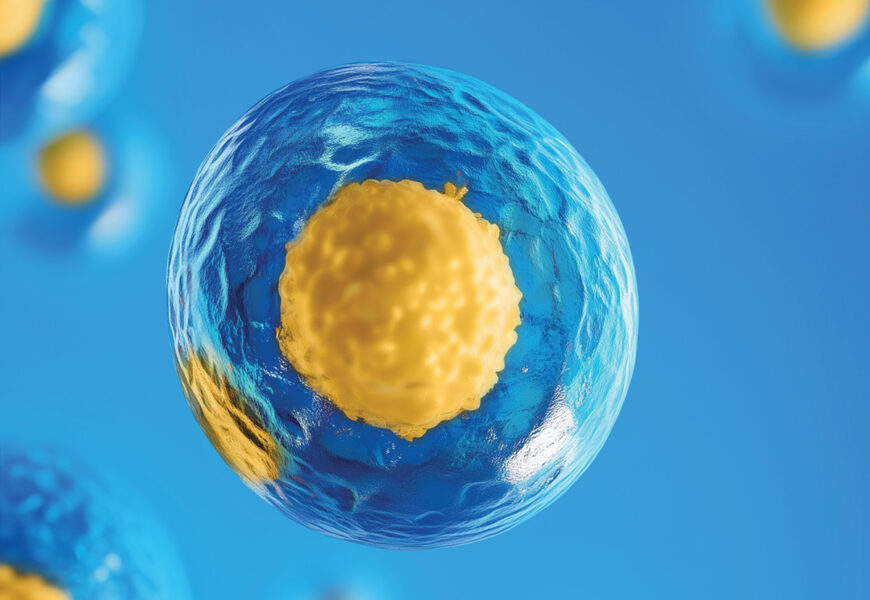Biologics like insulin, vaccines, and monoclonal antibodies have transformed healthcare, revolutionizing disease treatment and prevention worldwide. This post explores the science behind their production and the impact of these groundbreaking innovations.
Insulin Production: A Lifeline for Diabetes Management
Insulin, a hormone produced by the pancreas, regulates blood sugar levels in the body. For individuals with diabetes, insulin production is either insufficient (Type 1 diabetes) or ineffective (Type 2 diabetes). To address this, pharmaceutical advancements have enabled the mass production of synthetic insulin to save lives.
How is Insulin Produced?
The production of insulin relies heavily on recombinant DNA technology. Here’s a step-by-step process:
- Gene Cloning: Scientists insert the human insulin gene into bacterial or yeast cells, commonly E. coli or Saccharomyces cerevisiae.
- Fermentation: These genetically modified organisms (GMOs) are then cultured in controlled environments, allowing them to replicate and produce insulin.
- Isolation and Purification: The insulin is extracted from the cells and purified to pharmaceutical-grade quality.
- Formulation: The purified insulin is stabilized and prepared for delivery, whether as short-acting, intermediate-acting, or long-acting insulin.
This process ensures that diabetic patients have access to insulin that closely mimics human insulin, offering effective blood sugar management and improved quality of life.
Vaccine Production: Safeguarding Public Health
Vaccines have become a key preventive measure against contagious diseases, significantly reducing morbidity and mortality worldwide. With advancements in technology, vaccine production has become faster and more efficient, catering to various pathogens such as viruses, bacteria, and toxins.
How Are Vaccines Made?
The production methods vary depending on the type of vaccine, but they typically follow these stages:
- Antigen Preparation:
○ For viral vaccines, viruses are often grown in cell cultures, like chicken eggs (influenza vaccines) or mammalian cell lines (e.g., COVID-19 vaccines using mRNA technology).
○ Bacterial vaccines may involve growing the bacteria in bioreactors.
- Purification:
The antigen is isolated and purified to ensure safety and effectiveness.
- Formulation:
The purified antigen is combined with stabilizers, adjuvants (to enhance immune response), and preservatives.
- Quality Control:
Each batch undergoes rigorous testing to confirm its efficacy, stability, and safety before being distributed to the public.
Modern innovations, such as mRNA vaccines, have streamlined production processes by eliminating the need to grow pathogens and instead using genetic instructions to provoke an immune response. This advancement was pivotal in the quick development of COVID-19 vaccines.
Monoclonal Antibodies (mAbs): Precision Medicine in Action
Monoclonal antibodies are specialized proteins engineered to target specific antigens, such as those found on the surface of cancer cells or viruses. They are a staple of precision medicine and have applications in treating diseases such as cancer, autoimmune conditions, and infectious diseases.
How Are Monoclonal Antibodies Produced?
The production process for mAbs is highly sophisticated and involves the following steps:
- Antigen Identification:
Scientists identify the specific antigen that the monoclonal antibody will target.
- Hybridoma Technology:
The antigen is injected into a rodent (often a mouse) to stimulate the immune system to produce antibodies. These antibodies are harvested and fused with myeloma cells to create hybridomas, which can produce monoclonal antibodies indefinitely.
- Cell Culture:
Hybridoma cells are cultured in bioreactors to mass-produce the desired antibodies.
- Purification:
The monoclonal antibodies are isolated and purified to remove impurities and other proteins.
- Testing and Formulation:
Rigorous quality control ensures the safety and effectiveness of the final product before it reaches patients.
Monoclonal antibodies work with unparalleled precision, attacking specific targets with minimal effect on surrounding healthy tissues. This makes them a game-changer in therapies, from cancer immunotherapy to COVID-19 treatments like Regeneron’s antibody cocktail.
The Impact of These Biologics on Global Health
The production of insulin, vaccines, and monoclonal antibodies represents the pinnacle of human ingenuity in combating disease and improving healthcare outcomes. Here’s how they’ve transformed the world:
● Insulin ensures that millions of diabetics can lead stable, healthy lives.
● Vaccines have eradicated diseases like smallpox and significantly reduced the prevalence of others, such as polio and measles.
● Monoclonal Antibodies are leading a new wave of targeted therapies, offering hope for conditions previously deemed untreatable.
The Future of Biologic Production
Advances in biotechnology, including CRISPR gene editing, synthetic biology, and AI-driven research, promise to revolutionize the production of biologics further. With the expertise of CQV Consultants, these cutting-edge technologies could lead to faster, safer, and more cost-effective methods, ensuring that life-saving treatments reach those who need them most.
Conclusion
The production of insulin, vaccines, and monoclonal antibodies exemplifies the extraordinary potential of modern medicine to tackle global health challenges. By harnessing the power of biotechnology, we can continue to innovate and improve access to these treatments.






